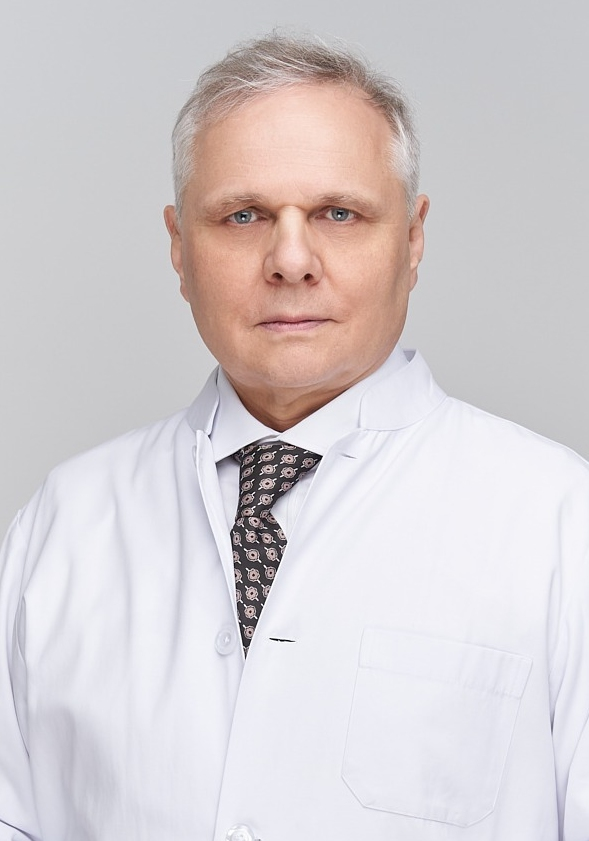
The digital era has reshaped nearly every part of modern life—how we communicate, work, and even think. From the first personal computers in the 1970s to the emergence of the internet in 1991 and the smartphone revolution that followed, technology has become a constant presence. Today, staying offline feels almost impossible. While the digital world offers comfort, knowledge, and endless entertainment, it also carries the risk of excessive use—and for some, full-blown online addiction. Finding the right psychiatrist in India for treatment of online addiction is crucial for those struggling to regain balance.
To seek treatment for online dependence, please contact Dr. Kowal:
Call CHMCThe Attraction of Endless Connectivity
Smartphones enable connectivity from anywhere, at any time. They provide instant access to news, friends, maps, and entertainment, turning into something most people can’t imagine living without. Yet this convenience often hides dependency. Many reach for their phone repeatedly throughout the day—sometimes without even realizing it. Therefore, consulting a psychiatrist in India for treatment of online addiction can be an important step.
Online platforms meet essential human needs: social connection, validation, and curiosity. Social media offers attention and belonging, search engines feed our thirst for information, and online games create a sense of mastery and escape. Each digital interaction triggers a small rush of dopamine, especially when the reward is unpredictable—a new message, a like, or a comment. This uncertainty strengthens the compulsion to check again and again. Consulting a psychiatrist in India for treatment of online addiction can help address these patterns.
The Fear of Missing Out
The fear of missing out, or FOMO, is one of the strongest forces driving online addiction. Notifications, vibrations, and bright screens constantly demand attention, giving the illusion that something important might be happening. Many people feel uneasy when they cannot check their devices, even during meals, conversations, or work. Over time, this behavior can lead to anxiety, poor concentration, and restlessness.
Research shows that nearly all young people between the ages of 12 and 25 use the internet privately, and about 90 percent are online daily. Social networks and video platforms dominate their screen time. Experts estimate that one in five adolescents already shows problematic media habits, and almost six percent meet the criteria for addiction. On average, young people spend over three hours a day online outside of school or work. Engaging a psychiatrist in India for treatment of online addiction can be beneficial for changing these problematic habits.
When Does Normal Use Turn Into Addiction?
Using the internet frequently does not automatically mean dependency. Adults often go online for practical reasons—managing finances, scheduling, or reading news. For teenagers, the online world is far more social and emotional. The warning signs of addiction appear when being online becomes a means of escape rather than a form of connection.
When people isolate themselves from family and friends, abandon hobbies, or replace face-to-face interaction with digital communication, their relationship with technology becomes unhealthy. The decisive factor is not the number of hours spent online but the motivation behind it. When the internet serves to avoid emotions, responsibilities, or real relationships, it may be time to seek professional guidance.
The Emotional Consequences of Constant Screen Time
Human brains are not designed for continuous stimulation. Endless scrolling, notifications, and information streams can lead to exhaustion and mental fatigue. Without breaks, focus, creativity, and sleep start to decline. Individuals who never disconnect often report irritability, mood swings, or symptoms similar to depression.
Digital communication also weakens real emotional connection. Quick messages replace meaningful conversations, and time once spent socializing or being outdoors is now consumed by screens. The outcome is paradoxical—we remain perpetually connected, yet our loneliness grows.
Restoring Balance in a Digital World
Regaining control over digital habits doesn’t mean rejecting technology altogether. The goal is to use it consciously and purposefully. Taking small steps toward a “digital detox”—such as turning off notifications, keeping devices out of the bedroom, and setting specific offline hours—helps restore balance. Gradually, the mind learns to enjoy quiet moments again, to focus, and to seek satisfaction beyond screens.
Technology should remain a tool, not a master. Real fulfillment comes from authentic connections, creativity, and moments of rest. In a world that never stops scrolling, learning to pause and disconnect has become one of the most valuable skills of all.
Psychiatrist in India for Treatment of Online Addictions. Summary
The digital age has radically transformed modern life, making online engagement nearly unavoidable. From the rise of computers and the internet to the ubiquitous smartphone, technology now fulfills many basic needs—offering instant communication, information, and entertainment. Nevertheless, this constant connectivity comes at a price: the growing issue of online addiction.
Apps like Instagram, WhatsApp, and YouTube reward users unpredictably, triggering dopamine spikes that reinforce compulsive behavior. As a result, many people feel pressured to stay connected at all times, even at the expense of their attention, rest, or relationships.
Addiction can develop when online activity begins to replace real-life interactions, emotional coping, or personal relationships. Warning signs include neglecting hobbies, withdrawing from direct social contact, and using the internet as an escape from problems. Excessive screen time can strain both mind and body, causing fatigue, reduced concentration, and growing social isolation. In severe cases, overcoming this cycle may require professional psychiatric treatment.
